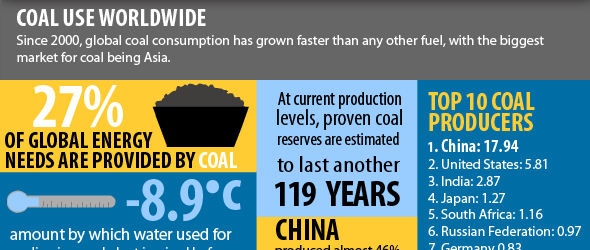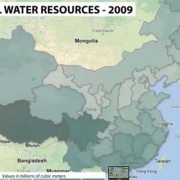The Stream, July 27: What’s to Blame for Somalia’s Famine?
Even though drought, poor infrastructure and poverty are all contributing factors to the risk of famine, famine deaths in the modern world are almost always “the result of deliberate acts on the part of governing authorities,” according to Foreign Policy’s Charles Kenny. Somalia, he adds, is shaping up to be yet another “case study of mass starvation as an intentional act of governance.”
Meanwhile, the Guardian’s John Vidal argues that Somalia’s famine is an “entirely predictable, man-made disaster.”
United States
Interest in the use of reclaimed water is growing in Texas, as the state is facing huge population growth and dire water shortages, The Texas Tribune reported.
Eleven environmentalists and energy experts tell Yale Environment 360 what they think of President Obama’s record on the environment.
Asia
High inflation, chronic water shortages and gigantic energy subsidies are some of the myriad challenges facing India’s economy over the next decade, the Financial Times reported, citing the deputy chairman of the country’s Planning Commission.
Meanwhile, India announced that it would set up an environment regulator to manage the process of granting clearances for industries and monitor compliance of “green norms” by industry, the BBC reported.
Chinadialogue highlights the top eight green law cases in China in the past decade.
The Stream is a daily digest spotting global water trends. To get more water news, follow Circle of Blue on Twitter and sign up for our newsletter.
, a Bulgaria native, is a Chicago-based reporter for Circle of Blue. She co-writes The Stream, a daily digest of international water news trends.
Interests: Europe, China, Environmental Policy, International Security.




Leave a Reply
Want to join the discussion?Feel free to contribute!